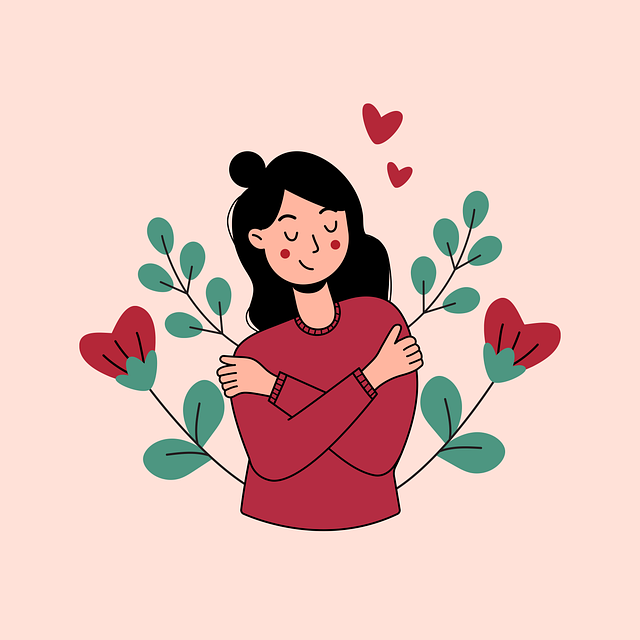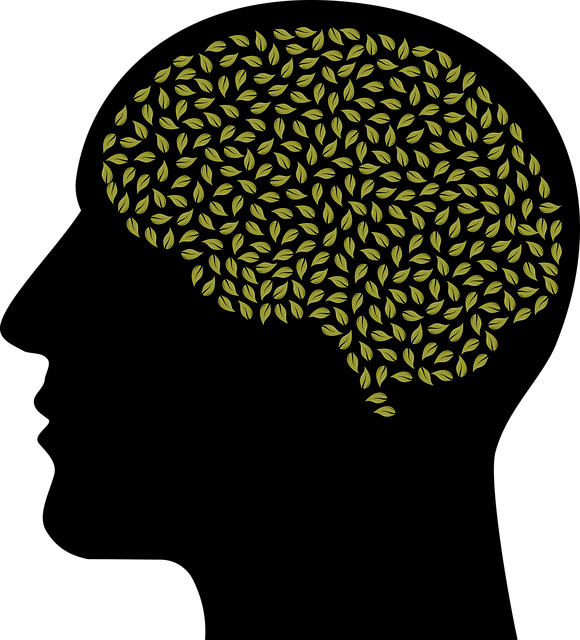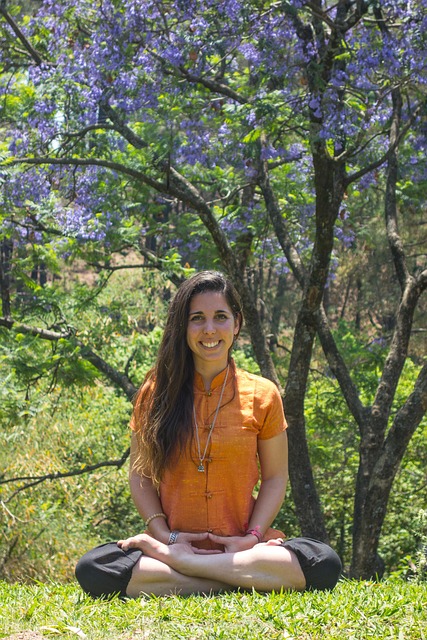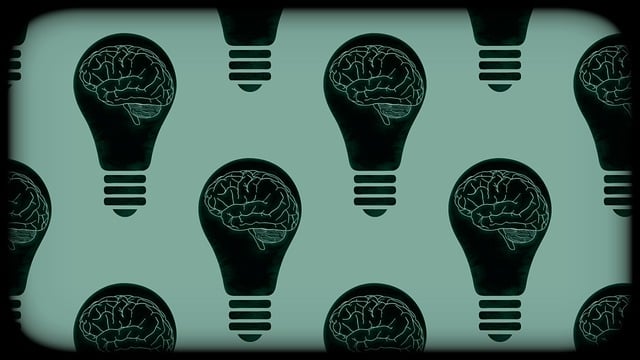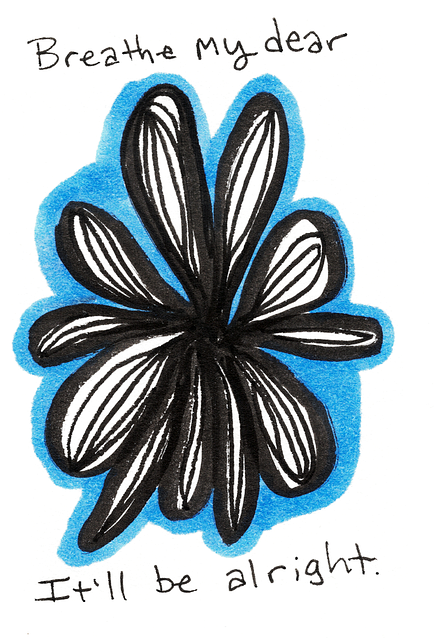Mental healthcare professionals in Colorado Springs must embrace cultural sensitivity, understanding diverse belief systems and practices to cater to clients' unique needs, including those with polyamorous and open relationships. Effective communication, tailored guidance, and awareness of cultural contexts are crucial for bridging gaps and fostering inclusive environments. By acknowledging the impact of cultural factors on mental health expression, therapists can prevent burnout, enhance well-being techniques, and improve treatment outcomes for all communities in Colorado Springs.
Cultural sensitivity in mental healthcare is crucial, especially in diverse communities like Colorado Springs. This city, known for its vibrant tapestry of cultures, presents unique challenges and opportunities for therapists. In this article, we explore cultural diversity in mental health contexts, delving into the impact of various backgrounds and beliefs on clients’ experiences. We also navigate the complexities of polyamorous and open relationships within therapy, highlighting the importance of training for therapists. Additionally, we discuss Colorado Springs as a hub for diverse lifestyles, demonstrating how adapted therapeutic approaches can foster inclusive spaces for all.
- Understanding Cultural Diversity in Mental Health Contexts
- – Exploring the spectrum of cultural backgrounds and beliefs
- – Impact of cultural factors on mental health experiences and expressions
Understanding Cultural Diversity in Mental Health Contexts

In today’s diverse society, mental healthcare professionals in Colorado Springs, including those specializing in polyamorous and open relationships therapy, must embrace cultural sensitivity as a cornerstone of their practice. Understanding cultural diversity involves recognizing and appreciating the unique beliefs, values, and practices that shape individuals’ mental health experiences. This includes knowledge of various ethnic, racial, religious, and sexual orientations, such as the specific needs and challenges faced by the polyamorous community.
Effective communication strategies are vital to bridging cultural gaps in therapy. Mental healthcare providers should foster open dialogues, actively listening to clients’ stories without judgment. Public awareness campaigns development can also play a significant role in promoting understanding and breaking down stereotypes related to mental health, especially within niche communities like Colorado Springs’ polyamorous population. Additionally, encouraging mental wellness journaling exercises can provide insights into cultural dynamics at play in clients’ lives, offering guidance tailored to their unique needs.
– Exploring the spectrum of cultural backgrounds and beliefs

In the diverse landscape of modern society, mental healthcare practitioners must embrace the vast spectrum of cultural backgrounds and beliefs their clients represent. Colorado Springs, known for its vibrant communities, including those with polyamorous and open relationships, underscores this need. Understanding that cultural context deeply influences an individual’s emotional well-being is crucial. This involves not just learning about different practices and rituals but also recognizing the impact of societal norms, historical trauma, and personal beliefs on mental health experiences.
Navigating these complexities requires a nuanced approach that goes beyond surface-level awareness. Effective therapy in Colorado Springs, catering to polyamorous individuals and open relationships, demands practitioners be attuned to the unique challenges these communities face regarding mental illness stigma reduction efforts. By incorporating cultural sensitivity into their practices, healthcare providers can not only prevent burnout but also foster more inclusive environments, ultimately enhancing emotional well-being promotion techniques for all clients.
– Impact of cultural factors on mental health experiences and expressions

Cultural factors play a profound role in shaping individuals’ mental health experiences and expressions, especially within diverse communities like Colorado Springs. For instance, the polyamorous and open relationships therapy scene that has been gaining traction in this region must consider the unique cultural tapestry of its clients. What may be considered healthy expression in one cultural setting could be interpreted differently in another. Understanding these nuances is essential to providing culturally sensitive care.
In many cultures, mental health issues are often viewed through a lens different from the mainstream Western perspective. Some communities might emphasize resilience building and self-esteem improvement through collective support systems rather than individual therapy. Compassion cultivation practices have been shown to be beneficial across cultures as a means of fostering understanding and connection. By embracing these cultural variations, therapists in Colorado Springs can create safer spaces for clients to express themselves honestly, leading to more effective treatment outcomes.
In the diverse landscape of Colorado Springs, where polyamorous and open relationships thrive, culturally sensitive mental healthcare is more crucial than ever. By recognizing and understanding the unique spectrum of cultural backgrounds and beliefs among individuals seeking therapy, practitioners can provide tailored support. The impact of cultural factors on mental health experiences and expressions cannot be overstated; it’s key to effective treatment. Embracing this sensitivity fosters an inclusive environment, ensuring that everyone receives compassionate care that respects their personal journeys and values, whether they identify as polyamorous or part of any other cultural community.
